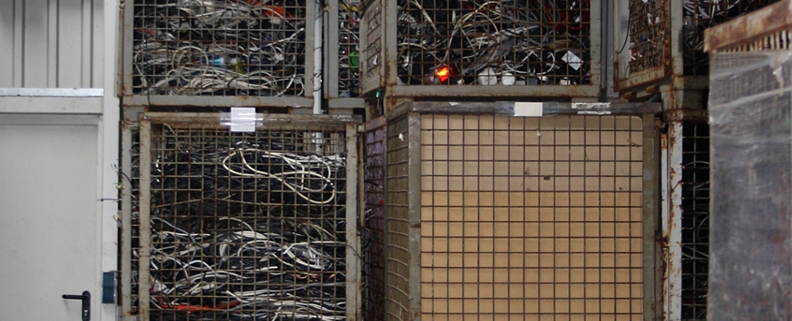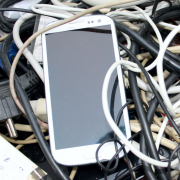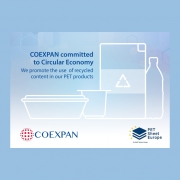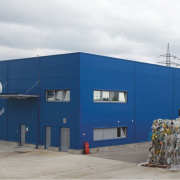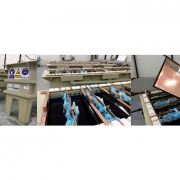Thailand Hit by the Coming Tidal Wave of Western Waste
South and Southeast Asian nations could become the next after Thailand to be hit by a tidal wave of electronic and plastic wastes, the Basel Action Network has warned.
The BAN warning follows the dramatic decision by China to block imports of waste. Even before this decision, Chinese waste traders, facing increasing import restrictions, moved their polluting operations South to poorer, smaller countries in Asia such as Thailand, the information says. In the past month, Thailand, following an initial raid at the Wai Mei Dat Company, has now found their rural lands to be overrun with perhaps hundreds of illegal and highly polluting electronic waste processing yards that risk contamination of the food and water supply in the country.
According to Basel Action Network, the US, Canada, and European countries continue to produce the same volumes of waste and have shown little willingness, nor, at times, the infrastructure to deal with it at home rather than find new destinations for it. BAN has been using GPS devices to track the flows of e-waste from the US, Canada, and Europe. They have shown that 40 percent of e-waste handed over to recyclers was exported – most of it to Asia. BAN has found tracked devices arriving in Hong Kong, and increasingly to Thailand and to Pakistan. According to BAN, the waste will flow on a path of least legal resistance. Thus, it is time for all of Asia just like China to legislate and bar the import of waste, the non-governmental organization commented.
To implement the ban into national law
An import of such wastes could be interlocked by ratifying the Basel Ban Amendment. The Ban Amendment would amend the existing Basel Convention, now agreed by 194 countries, to make it illegal to export hazardous wastes such as electronic wastes (e-waste). So far, in the region, Brunei, China, Indonesia, Malaysia and Sri Lanka have ratified the agreement, but Bangladesh, Cambodia, India, Laos, Myanmar, Pakistan, Philippines, Thailand and Vietnam have not, BAN reported.
„Every country in the Asian region should ratify the Ban Amendment and implement the ban into national law as a matter of urgency,“ Jim Puckett, Director of the Basel Action Network, was quoted. „This action will not only protect their own countries from the unsustainable waste trade tsunami, but will help the entire world as well, as it will ensure that the Amendment enters into the force of international law.“
Photo: O Kürth
(GR22018S)

